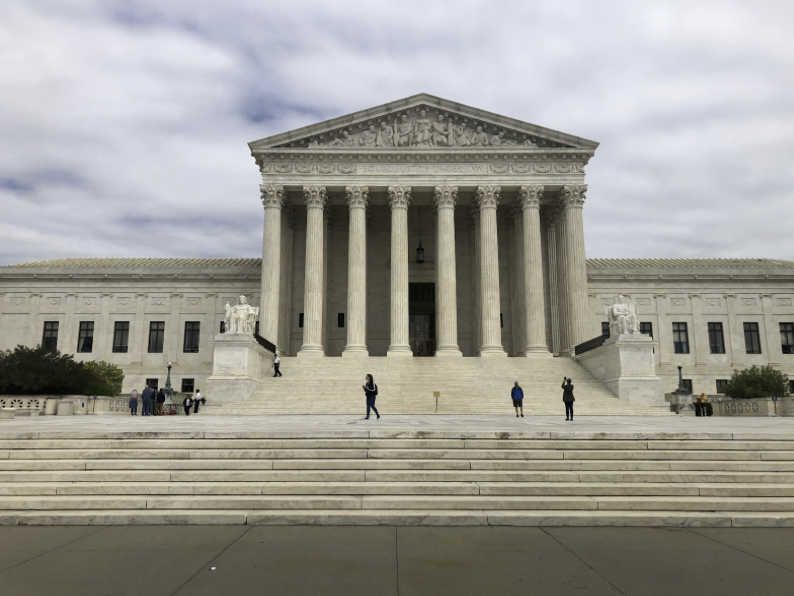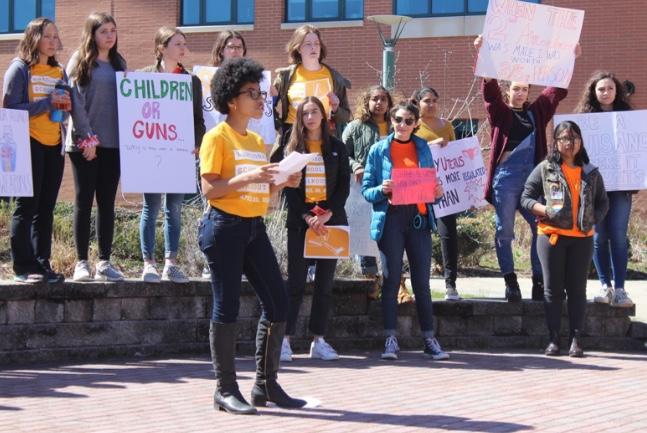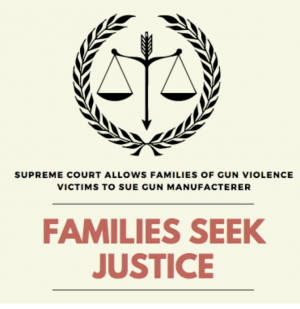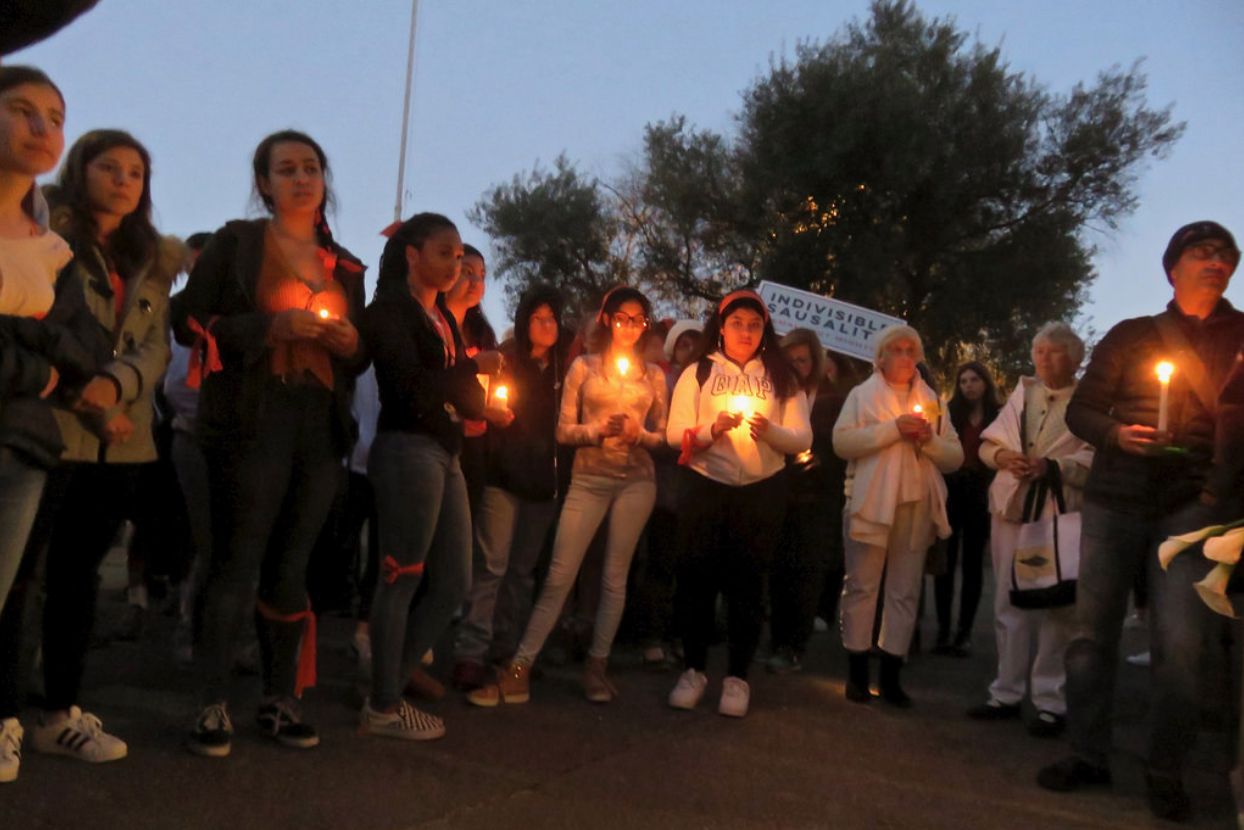Supreme Court lacks jurisdiction to hear New York State Rifle & Pistol Association, Inc. v. City of New York
The Supreme Court heard New York State Rifle & Pistol Association, Inc. v. City of New York on Monday, Dec. 2. It is the first major gun rights case the Court has head in nearly a decade, and it involves a now repealed New York law limiting the transportation of hand-guns.
The Parkland shooting in February of 2017 revolutionized America’s debate surrounding gun reform. The survivors of this tragedy demanded change, igniting the largest student-led movement since the Vietnam War. Since then, advocacy groups such as Everytown for Gun Safety and Moms Demand Action have been almost unstoppable, forging a well-financed political movement advocating for common-sense gun control and safer communities. According to Gilfords Law Center, a total of 67 new gun control laws were passed in 2018 alone — more than triple the number of gun laws enacted in 2017.
Perhaps it is because of these legislative advances nationwide that the Supreme Court is now ready to break its decade-long silence on gun control. What’s odd, however, is that the case presently before the Court is one without controversy.
The New York State Rifle & Pistol Association, Inc. v. City of New York challenges a New York City law that has since been repealed limiting where New York City residents could bring their guns. Despite the fact that the law in question no longer exists, the nine justices heard oral arguments on Monday, Dec. 2. Most of their questioning focused on this critical, preliminary issue, with the four justices wondering why this case was brought before them and four justices looking for a reason to allow it to go forward. The swing vote will be left to Chief Justice Roberts.
Since the Court’s landmark opinion in D.C. v. Heller in 2008, holding that the right to bear arms is an individual right, the lower courts have been left to figure out how to best analyze the constitutionality of various gun control laws. The Supremes in Heller did not establish a standard of review for the courts to apply when analyzing Second Amendment claims.
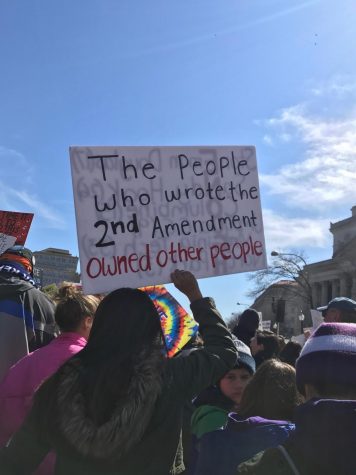
An estimated 800,000 protestors attended March For Our Lives in Washington, D.C. on March 24, 2018. According to Gillford’s Law Center, state legislatures enacted over 60 gun control measures following this student-led demonstration demanding an end to gun violence. These gun reform advances nationwide arguably caused the Supreme Court to hear New York State Rifle & Pistol Association, Inc. v. City of New York, breaking the Court’s decade-long silence on gun control.
As a result, most lower courts ask whether the law at issue is justified to protect the public interest. Under this framework, appeals courts have upheld a variety of common-sense gun restrictions. These laws have remained intact because the Supreme Court has refused to review them.
Now that the composition of the Supreme Court has shifted to the right, it is no surprise that the Court is willing to decide a case involving gun legislation. Many supporters of gun rights believe the lower courts have mishandled Second Amendment cases; Justice Thomas even opined in a 2017 dissent that these courts have treated the Second Amendment as a “disfavored right.”
But since the Court agreed to hear the New York State Rifle & Pistol Association, Inc case, the New York legislature repealed the regulation altogether and passed a new law preventing the City from reviving it. In light of the repeal of the regulation in question, what controversy is left for the Justices to even consider? Moreover, why after nearly a decade of silence would they want to take on such a controversial topic, especially in the wake of an increase of mass shootings?
In June of 2018, a study conducted by Vox found that the vast number of claims challenging gun regulations under the Second Amendment fail. Of the 1153 challenges to gun control legislation throughout the federal, state trial and appellate courts, only 9% succeeded. This statistic would concern any staunch supporter of the Second Amendment.
Now that the Court is occupied by judges such as Kavanaugh who want to expand the Second Amendment and believe that gun laws should be analyzed from a historic perspective, it makes sense that the Court is anxious to review a Second Amendment case.
“In my view,” Kavanaugh stated in a 2011 dissent, “Heller [leaves] little doubt that courts are to assess gun bans and regulations based on text, history, and tradition, not by a balancing test such as strict or intermediate scrutiny.”
However, just as there are court-imposed limitations on our First Amendment freedom of speech, the Court must engage in a balancing test when considering legislation that seeks to deprive an individual of their right to bear arms, weighing very real public safety concerns that have been at the heart of lower court decisions over the past decade.
Justice Scalia wrote in his Heller ruling that “[l]ike most rights, the right secured by the Second Amendment is not unlimited.” Indeed, giving the Court jurisdiction to issue opinions about hypothetical, defunct laws only detracts from the Court’s non-partisan role in our democratic system.












































